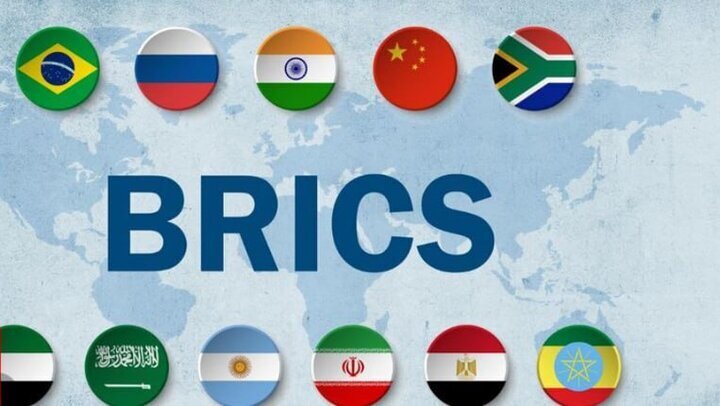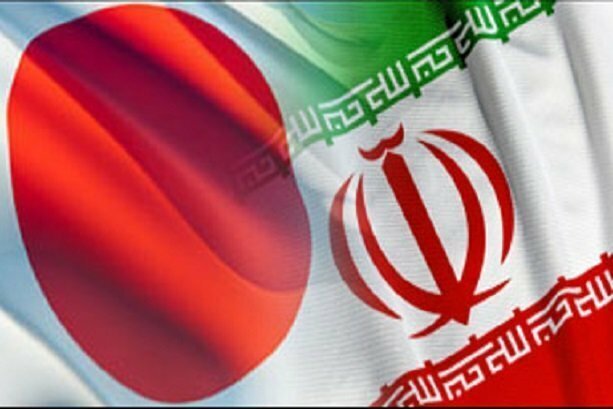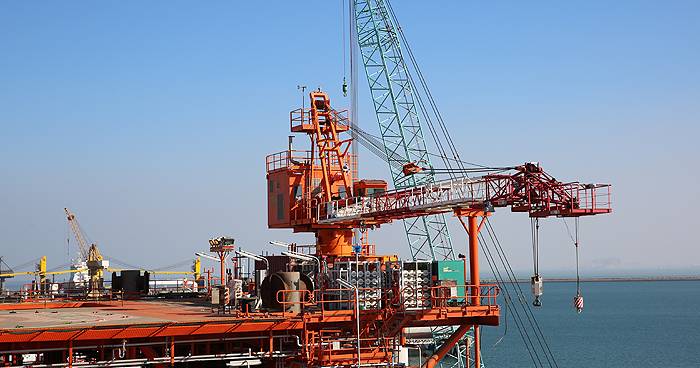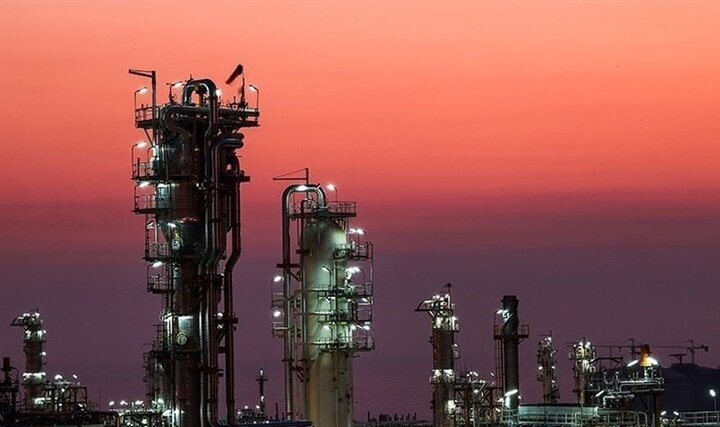
Similar Posts

China’s Inbound Tourism Booms: A Hotspot for Global Travelers!
In 2024, China experienced a significant tourism revival, welcoming about 132 million inbound tourists and generating $94.2 billion in spending, nearing pre-pandemic levels. The first quarter of 2025 saw a 19.6% increase in inbound visits, with key factors including an expanded visa-exemption program, extended transit periods, and improved travel convenience. During the May Day holiday, foreign entries increased by 72.7%, with a 180% surge in tourist spending compared to the previous year. Government initiatives and positive traveler feedback are driving this growth, positioning China as a leading international travel destination with a promising future for its tourism sector.

Japan Boosts Support for Iran’s Grassroots Initiatives with New Financial Aid Package
A ceremony at the Japanese Embassy in Tehran marked Japan’s financial aid to enhance healthcare in Iran, focusing on vital medical services for women and vulnerable groups. Key projects include providing endoscopy equipment for Qeshm Island, mammography for low-income women in Bushehr, vocational training for women in Tehran, and physiotherapy equipment for disabled individuals in Alborz. With a total budget exceeding 400,000 euros, these initiatives aim to improve access to essential health services for thousands. The collaboration highlights the historical ties between Iran and Japan, reinforcing their commitment to supporting healthcare for marginalized populations.

Iran Boosts Vital Gas Production by Partnering with Local Firms Amid Sanctions
Iran has signed a $17 billion contract with domestic firms to enhance gas production at the South Pars field, the world’s largest, in response to ongoing gas shortages. Despite having the second-largest natural gas reserves, Iran faces significant production declines due to inadequate infrastructure and a lack of foreign investment since the US withdrew from the JCPOA. The new contract involves pressure-boosting measures but experts warn that it may only slow production decline rather than halt it. Iran plans to build smaller platforms for gas extraction, but lacks experience in this area, raising concerns about future gas supply stability.

Iran Unveils Exciting New Downstream Petrochemical Projects, Says NPC
At a recent ceremony, Hassan Abbaszadeh, CEO of the National Petrochemical Company (NPC), highlighted the significance of downstream industries in Iran’s petrochemical sector. He emphasized the need for strategic planning to optimize resource utilization and enhance regional development. Key points included prioritizing export strategies, maximizing value creation by completing the value chain, and reducing raw material sales. Abbaszadeh urged collaboration between the NPC and the Ministry of Industry to address challenges and meet market demands. He expressed optimism about overcoming obstacles through cooperation, reaffirming NPC’s commitment to supporting petrochemical complexes and fostering growth in the sector.

Iran Prioritizes Military Pay Amid Looming War, Leaving Citizens to Struggle
Ordinary Iranians are enduring severe economic hardships due to escalating tensions with the U.S. and Israel, compounded by the Iranian government’s prioritization of military spending over public welfare. Economic indicators reveal a dramatic decline: the currency has lost half its value, unemployment exceeds 70%, and inflation has surpassed 40%, with food prices soaring by 100%. Experts criticize President Pezeshkian for failing to address the crisis, particularly through military budget adjustments. Additionally, Iran faces challenges from U.S. sanctions on its vital oil industry, which threaten to worsen economic conditions and provoke public unrest similar to past protests.

GECF Leader Sends Heartfelt Condolences to Iran Following Devastating Port Explosion
The Gas Exporting Countries Forum (GECF) has expressed condolences following a tragic blast in Iran on April 26, which caused significant damage and casualties. Secretary General Mohamed Hamel communicated solidarity in a letter to Iran’s Oil Minister, emphasizing the forum’s commitment to supporting victims and their families. He highlighted the importance of international solidarity and cooperation among member states. The incident underscores vulnerabilities in energy infrastructure and the need for enhanced safety measures. Hamel’s message reinforces the collective responsibility of gas-exporting nations to unite during crises, stressing the significance of cooperation in ensuring energy security.